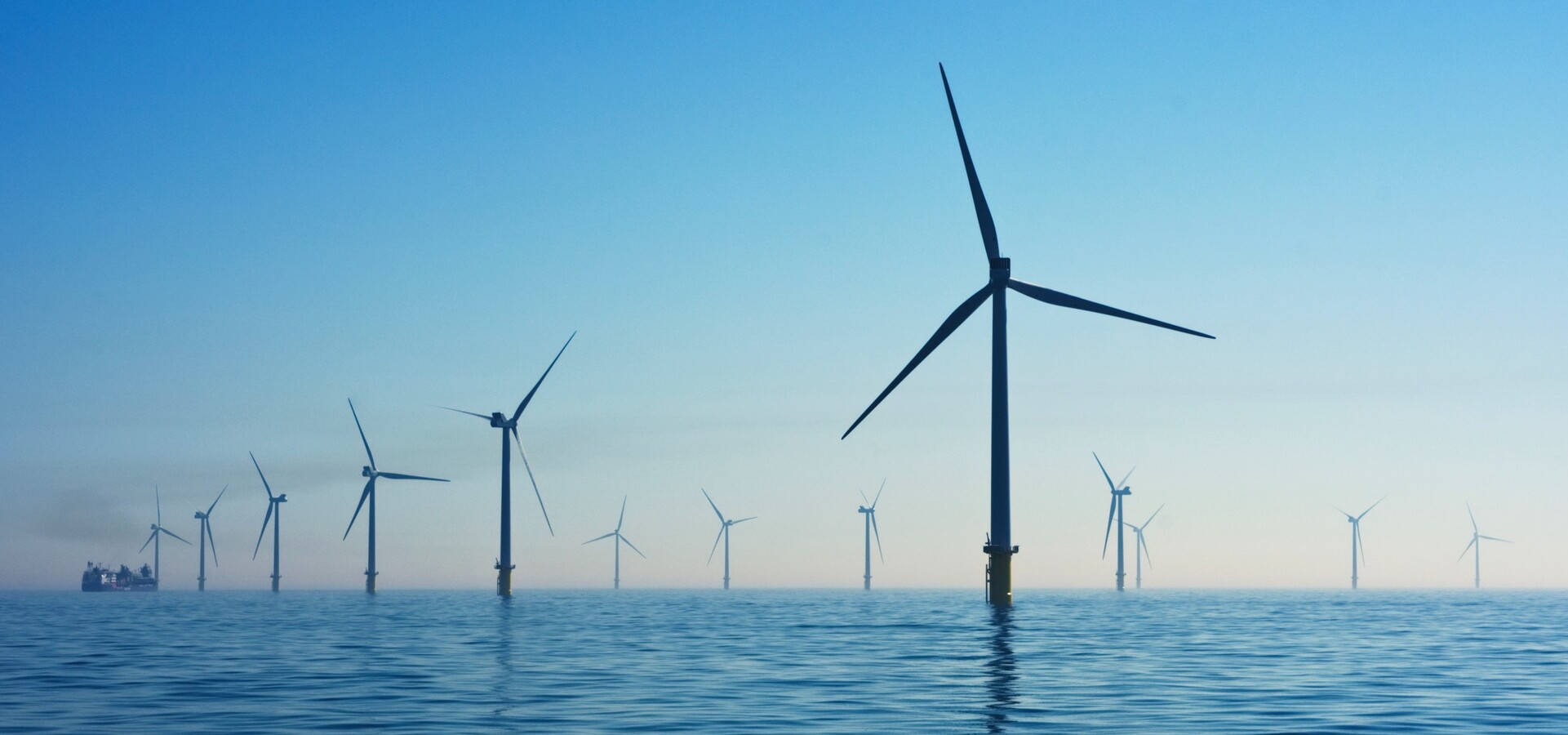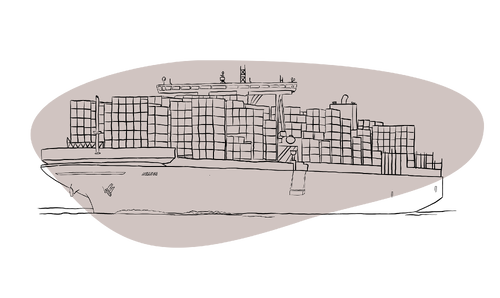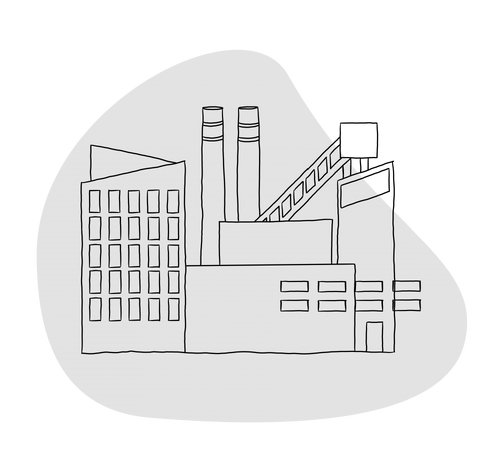
Overhauling the way we calculate our carbon footprint
In 2019, we completely overhauled the way we calculate our carbon footprint. We now also include emissions from all our overseas facilities, as well as emissions from all stages in the value chain, both upstream and downstream, such as coffee growing. Our carbon footprint is calculated according to the Greenhouse Gas Protocol (GHG), which defines best-practice reporting standards.
In 2020, Tchibo emitted 34,773 tonnes of CO₂ at its own sites (Scope 1 & 2), with e.g. its own vehicles or through the purchase of electricity from the power grid. This is roughly equivalent to the annual emissions of nearly 5,000 German citizens, or nearly 10,000 long-haul flights between Frankfurt and New York. Our roasting facilities account for the largest share of emissions at 65%. Overall, we were able to slightly reduce emissions by 14% compared to our base year 2018.
Based on our revised carbon footprint, in 2020 Tchibo adopted new climate targets for 2030, which will help keep global warming below 1.5 degrees Celsius. The targets have been reviewed and endorsed by the Science Based Targets initiative under the Business Ambition for 1.5°C.





